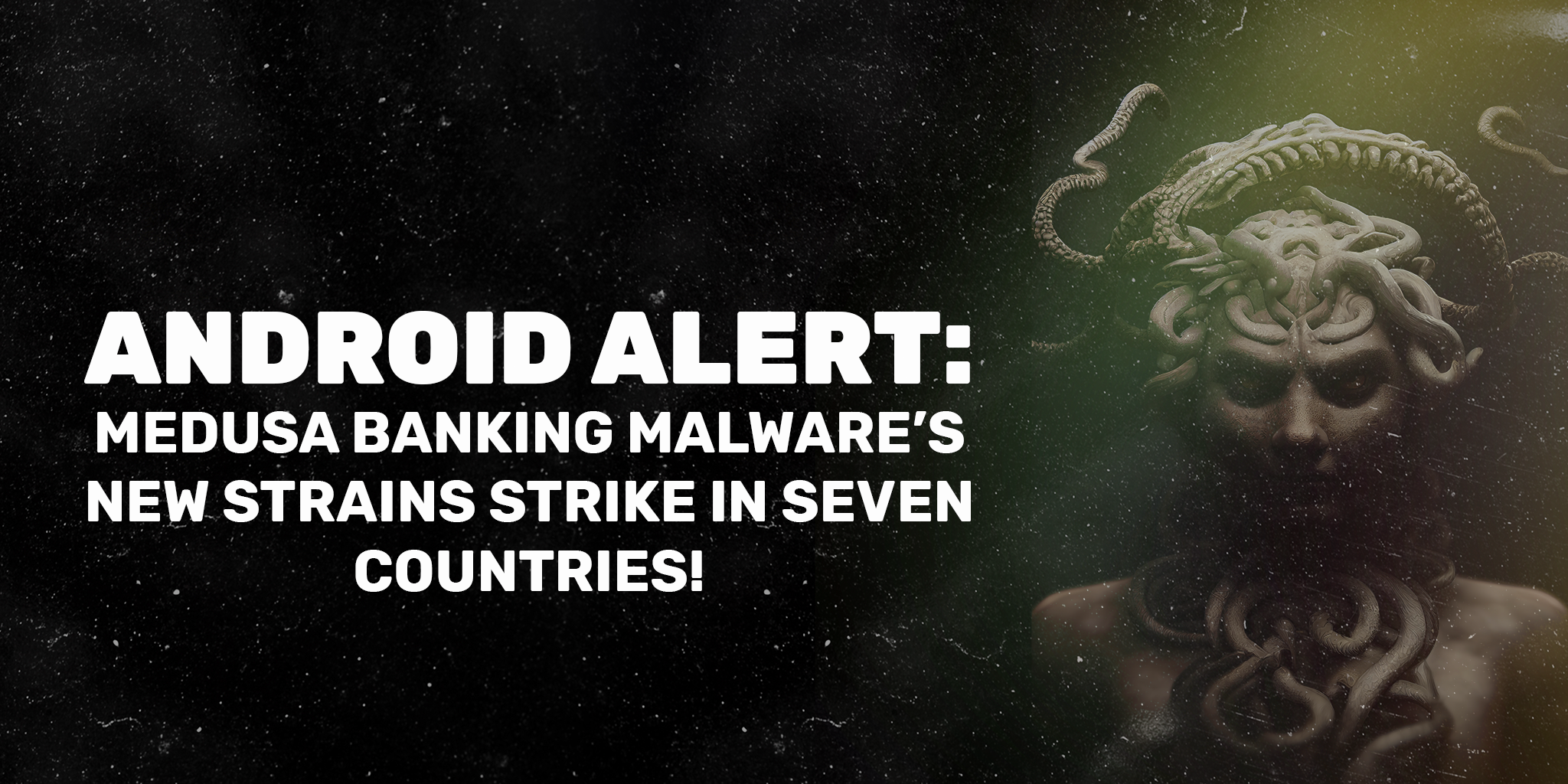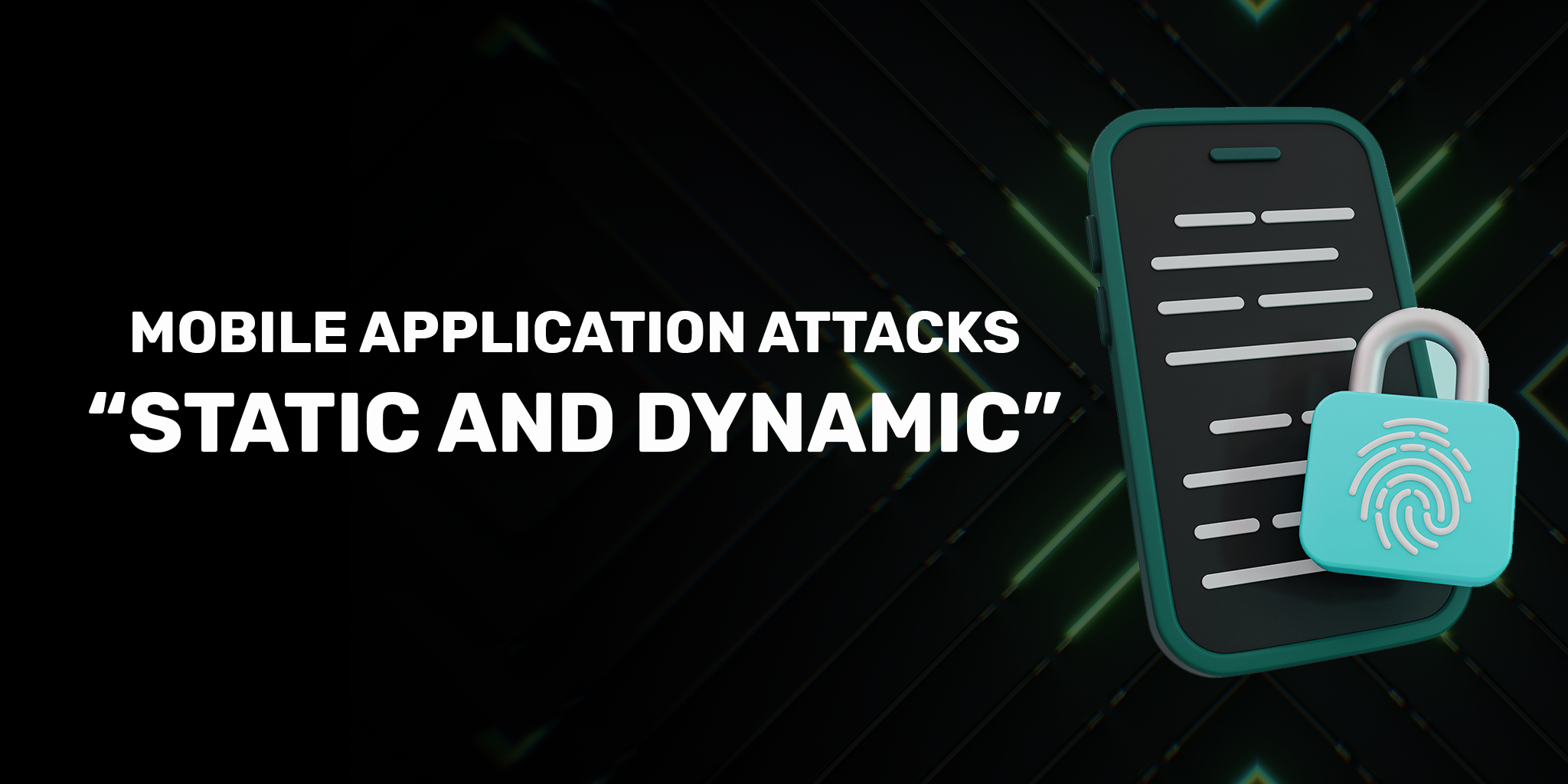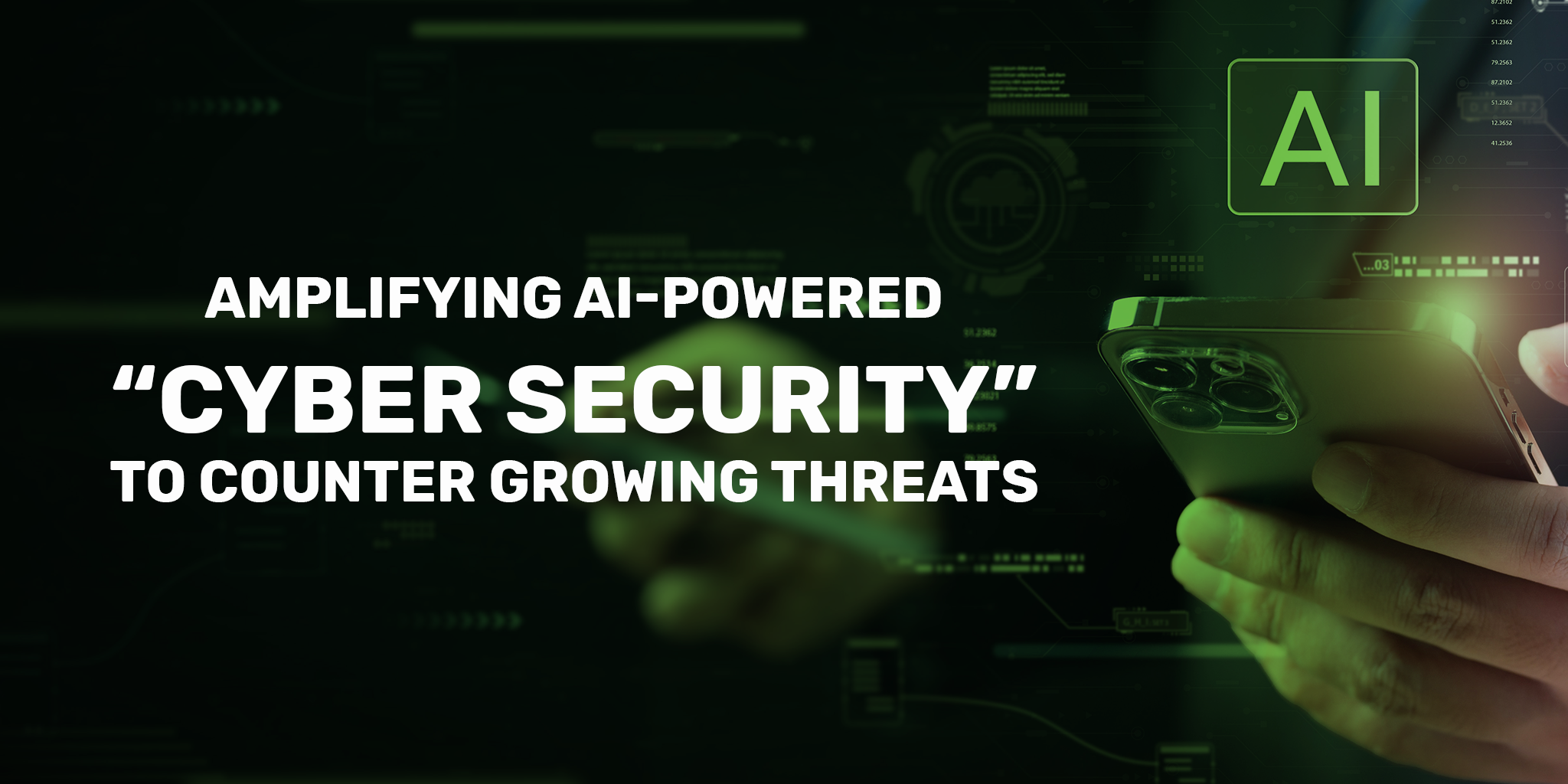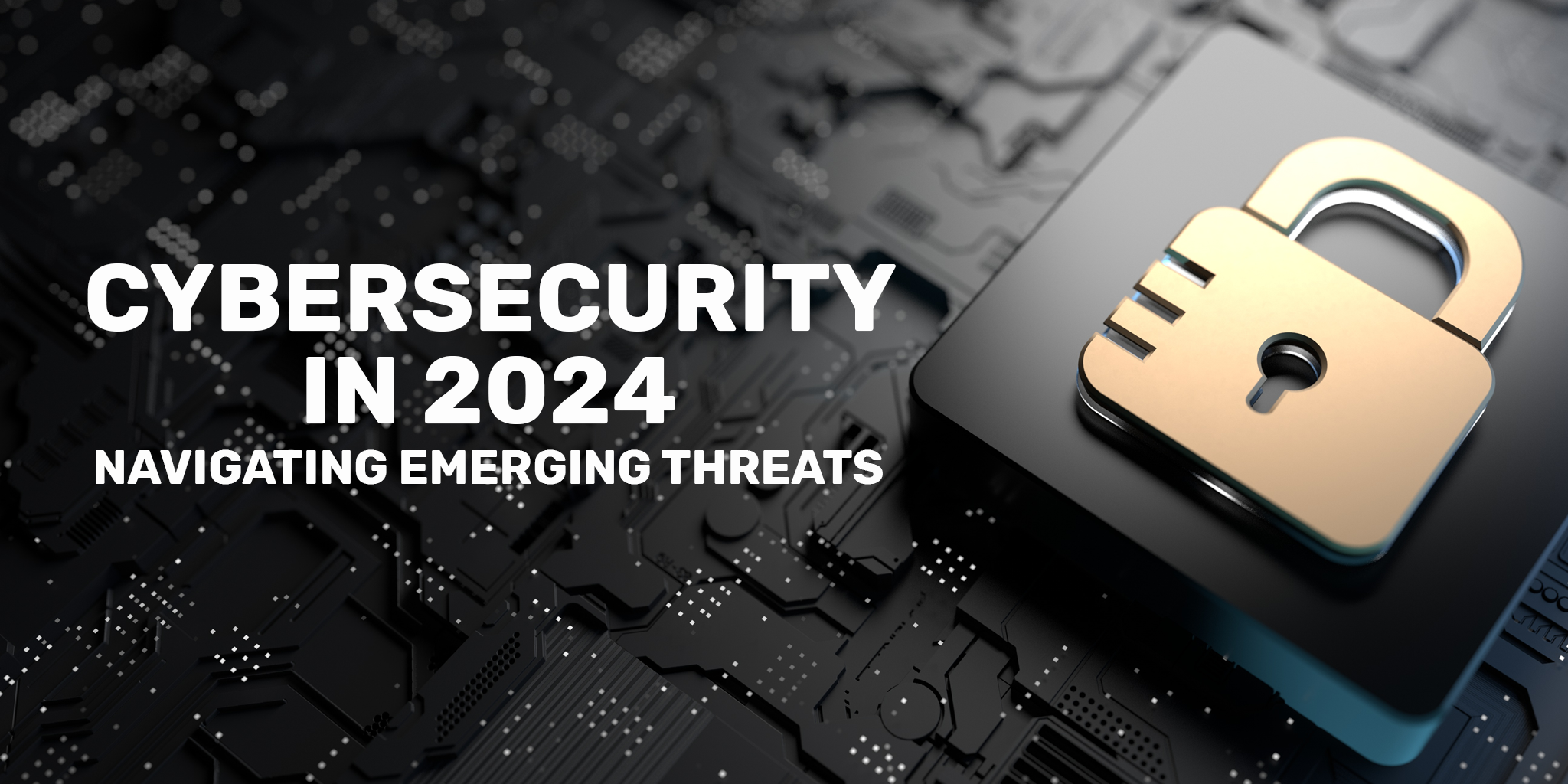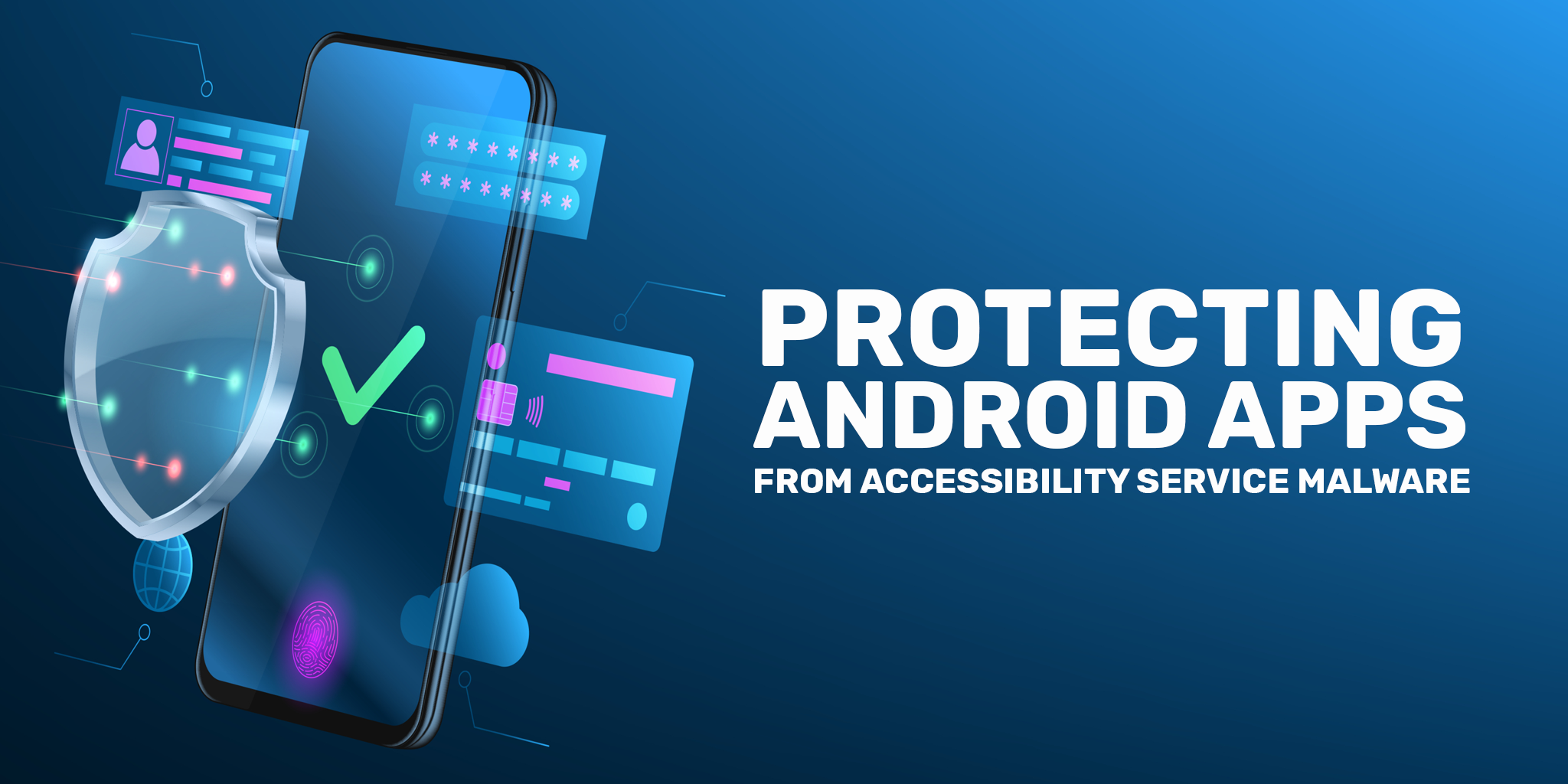Five epic cyber security fails
Nowadays thieves are more likely to wield a laptop than a baseball bat as their weapon of choice. And instead of making off with jewellery or cash they’re accessing the personal information and credit card details of millions of people – all from their own living rooms.
Cyber crime has the potential to cost individuals and businesses thousands, if not millions, of dollars while ruining a few reputations along the way.
Read more: https://quixxi.com/blog/hacking-pokemon-go/
The following are some of the biggest cyber security fails of all time:
JP Morgan
The USA’s largest bank reported in late 2014 that criminals had been in their systems for a month before they discovered a security breach. In that time, the accounts of millions of individuals and businesses had been illegally accessed. This event, which was one of the biggest attacks in history, occurred despite the bank spending millions on cybersecurity. It was later reported by the New York times that it could have been prevented had the bank installed a simple security fix to an overlooked server.
Target USA
Retail giant Target came under attack in 2013 when hackers got through point-of-sale terminals to access the credit card details, addresses and phone numbers of more than 70 million customers. The attack resulted in the CIO stepping down from her role and cost the business a sickening $148 million. A damning Senate report later revealed that Target had ignored security warnings and missed opportunities to prevent the hack.
Sony Pictures
In an event that had a wide reaching impact on the movie industry, shattering business relationships and even sparking a movement for gender pay equality in Hollywood, in 2014 a hack attack saw Sony employees locked out of email and voicemail for days. Leaked information included the salaries of hundreds of people, the personal information of crew members and high profile actors and thousands of confidential emails. Entire movies that were yet to be released were made available for download by the hackers, who are yet to be held accountable.
Security experts claimed that Sony could have done more to prevent the cyber attack, saying that some of the breach points could be traced to weak passwords. They also pointed out that no alarm system was triggered that would have given Sony an early heads up.
Ashley Madison
The Ashley Madison hack ruined careers and marriages as well as bank statements by revealing the personal information of those using an online dating site that encouraged extra-marital affairs. Close to 40 million users had their personal information and their not-so-private affairs exposed to the entire world. Again, the use of proper, up to date security standards could have prevented this breach, which was suspected to be an inside job.
Celebrity Photo Scandal
This hack didn’t result in thousands of people’s personal details getting into the hands of criminals. What it did do was show us all how vulnerable our everyday technology is to being compromised. Dozens of celebrities had private pictures stolen from their phones and cloud based accounts and distributed publicly. At the time, Apple confirmed that accounts were compromised but denied that it was due to a security breach, saying that “celebrity accounts were compromised by a very targeted attack on user names, passwords and security questions, a practice that has become all too common on the internet.” The lesson we can all take away is to protect our online accounts with passwords and security questions that aren’t easy to guess and to be wary of using free public wifi, which puts your data at greater risk.
Protecting your business from cyber attacks
Thanks to these examples and hundreds of others like them, businesses around the world now list cyber crime as one of the biggest threats to their security and their profits.
Outsiders will always be motivated to get inside your internal systems, whether you are a private individual, a giant conglomerate or a small business. It is vital to make sure your source codes are protected and that you have a proper and proven security system that will track activities and lock down your system.
What’s important is to stay one step ahead of the hackers. As well as implementing basic security measures such as regular password updates, you can hinder their efforts with software that will protect your intellectual property as well as your revenue.
Quixxi is a suite of software tools to protect, track and enhance your mobile app so that you can prevent cyber attacks instead of having to respond to them. Find out how easy it is to integrate Quixxi with your application here quixxi.com

